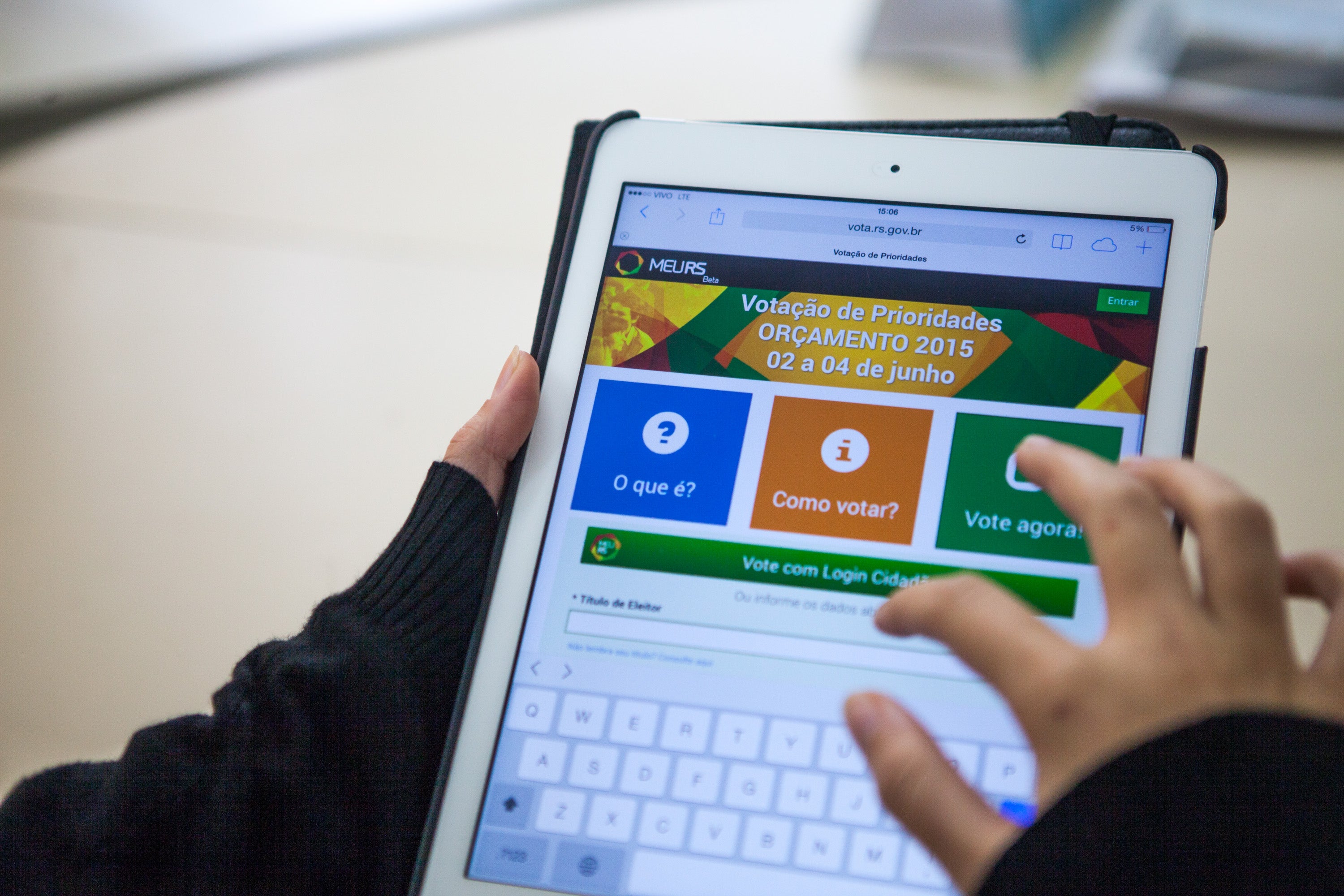
What is the effect of technology on citizen engagement? On the one hand, enthusiasts praise the prospects offered by technology: from real-time beneficiary feedback to collaborative policymaking, the possibilities for listening at scale seem endless. Skeptics, on the other, fear that unequal access to technologies will do nothing but favor the “usual suspects”, empowering the already empowered and reinforcing existing inequalities. While the debate sometimes gets heated, a common feature unites both sides: there is limited evidence to support both views.
Providing evidence to better inform practice at the intersection of technology and citizen engagement is one of the core goals of the Bank’s Digital Engagement Evaluation Team (DEET). And, to contribute empirical data to the debate on the effects of technology on participatory processes, the team has been carrying out a number of studies, some of them covering as many as 132 countries.
The results of one of these studies have just been published, looking at the effects of Internet voting on the world’s largest participatory budgeting exercise, in the state of Rio Grande do Sul, Brazil. Every year, over one million people participate in the state-wide process, where citizens can vote either online or offline for projects that are to be included in the public budget. In this study we present the results of a unique survey of over 22,000 Internet voters, focusing on three key research questions:
1) Does an opportunity to vote online increase participation?
2) If so, what is the socioeconomic profile of new voters?
3) And finally, what is the level of pre-existing engagement of these online voters?
Anticipating some of our results here, nearly two-thirds of respondents answer the first question affirmatively, saying they would not have taken part in the vote if online voting (i-voting) was not available. This evidence supports the view that technology increases participation among individuals who would not have voted otherwise. In parallel to this, our study shows that introducing i-voting does not lead to a substitution effect, meaning that for the most part, those who vote offline will continue to do so, despite the introduction of i-voting.
On the second question, a picture of the “usual suspects” of online engagement emerges: all else equal, i-voting seems more likely to engage individuals who are younger, male, of higher income and educational attainment, and more frequent social media users. However, from a civic engagement perspective i-voting seems to engage rather unusual suspects, boosting inclusiveness and engaging individuals who were previously uninspired by traditional politics and community activities.
In short, i-voting increases participation among previously non-engaged strata of the population, promoting the inclusiveness of the process as a whole. However, these new participants – the online-only voters – are likely to be socio-economically more privileged: a compelling reason for combining multiple avenues (online and offline) for participation.
In the study we analyze these findings in light of the literature on convenience voting, participatory governance and collective intelligence. We conclude with the implications of the findings for future practice and research.
You can download the paper here.





Join the Conversation